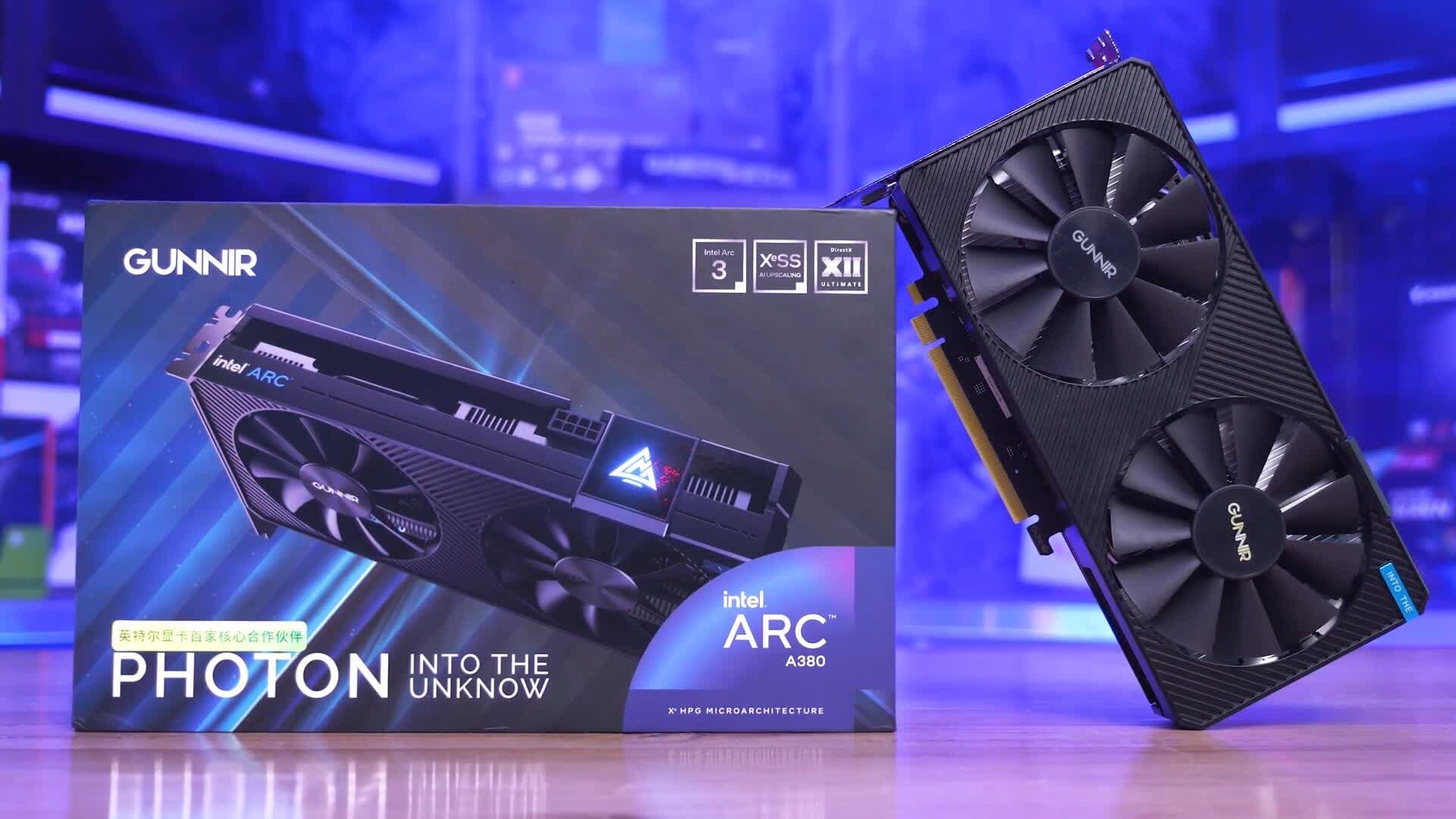TL;DR: Intel currently finds itself between a rock and a hard place in the GPU market, and one well-known analyst believes it might be time for the chipmaker to cut its losses and move on.

Jon Peddie of Jon Peddie Research laid out the scenario in a recent editorial highlighting Intel CEO Pat Gelsinger's willingness to jettison projects that aren't working out. The chipmaker announced plans to sell its NAND business to SK Hynix in late 2020 for $9 billion and no longer operates its aerial drone business. Last month, Intel said it will be shutting down its Optane memory business.
Since rejoining Intel, Gelsinger has scrapped six business units, saving the company around $1.5 billion in costs and losses in the process.
Intel's dedicated GPU ambitions got off to a hot start with the surprise hiring of Raja Koduri as the division's lead architect. Intel landed other big names including former Nvidia engineer Tom Petersen but thus far, there's been very little to show for it.

As Peddie highlights, Intel has reported a $2.1 billion loss since the first quarter of 2021 when it started sharing information on its dedicated GPU group. In fact, the research firm believes Intel has invested more than that with the actual figure perhaps being closer to $3.5 billion.
Intel's dGPU intentions were noble but according to Peddie, the results thus far in the consumer space "have been an embarrassment."
Our own Steven Walton recently got his hands on an Intel Arc A380 – the company's most entry-level offering – from China. Predictably, the card didn't blow anyone's socks off and Steven recommends not buying an Intel Arc GPU in its current condition.
Frankly, it would be extremely disappointing if Intel didn't push forward. Intel's first generation of discrete GPUs was never going to be profitable, the execution was never going to be flawless or even smooth, and it was always going to take 3 or 4 generations before they started to get on their feet. We'd assumed Intel knew this and had budgeted for it, but we'll soon see if this goes one way or the other. -- Steven Walton
Most believed Intel's first GPUs would have driver optimization issues, and some of that has probably come to fruition. More recently, however, we've been hearing that the Arc series may be suffering from fundamental hardware issues that can't be fixed by tweaking drivers.
Falling graphics card prices and improved availability from AMD and Nvidia aren't going to help Intel's efforts, either. This trend is likely only going to continue so long as crypto miners continue to sell their equipment amid local crackdowns and cooling coin values.

As for Peddie, be believes that Intel should "probably" find a partner and sell off the group but believes it has a 50-50 shot of going either way at this point.
https://www.techspot.com/news/95609-least-one-analyst-believes-intel-shut-down-or.html